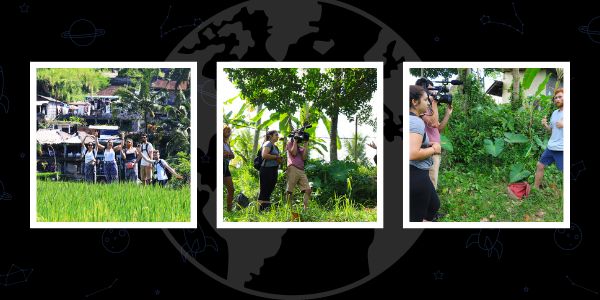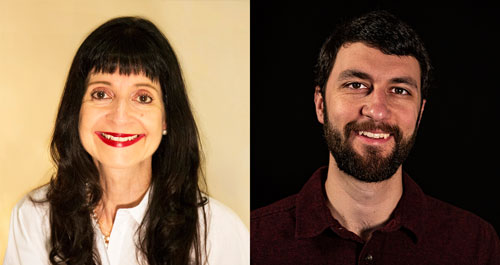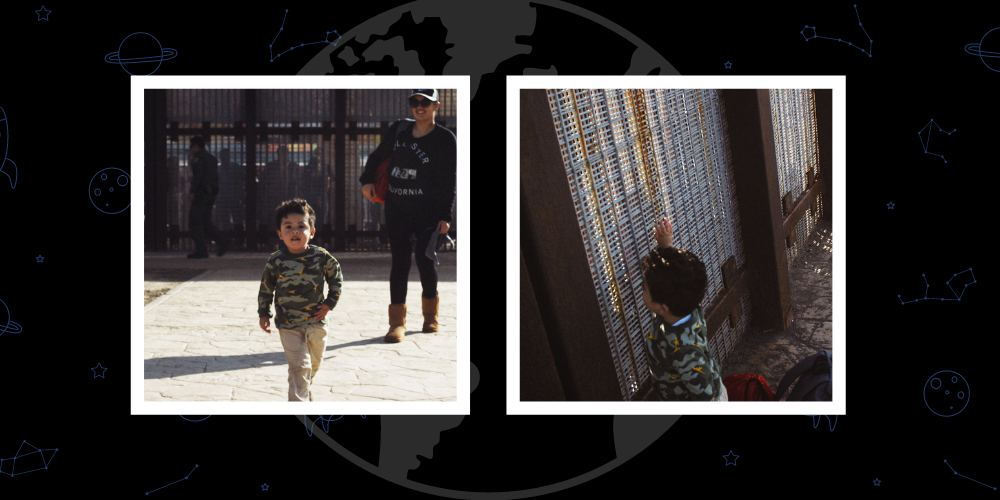Αυτο το μηνα, το κοινό μπορεί να προβάλει Ενας: Κάνε το να κρατήσει στο Δίκτυο Τάξης Planet. Αυτή η ταινία έχει επιμεληθεί για το Planet Classroom Network από την Planet Classroom.
Τον Μάιο 2017, Τζέρεμι Μπέιτς, along with fellow ODU students Nadja Bangoura and Savannah Harvey, embarked on a study abroad journey to Bali, Ινδονησία. Their mission: to explore the realm of Social Interest Documentary Filmmaking. During their time in Bali, they collaborated with Tri Hita Karana, a foundation dedicated to implementing bio-sustainability initiatives in Ubud. It was there that they uncovered a unique strain of heritage rice, positioned as a viable substitute for GMO rice, which they introduced to local Balinese farmers. Their story beautifully captures the struggles and resilience of rice farmers preserving ancient traditions against the threat of chemical farming. A visual ode to Indonesia’s natural beauty and cultural heritage.
Η Σφαιρική Αναζήτηση για Εκπαίδευση is pleased to welcome Director Jeremy Bates.
Τζέρεμι, what inspired you to focus on the Bali Rice Farmers and do you know if their lives have improved since your film was made?
When searching for Bali based Non-Governmental Organizations (NGO’s), we knew we wanted to focus on a subject that would take us to parts of the island untouched by tourists. We wanted to tell a story about the real people of Bali, as they have been for thousands of years. Learning about Tri Hita Karana and Chakra’s mission was an instant unanimous decision for us.
Through social media, we have been able to see updates from THK about their never-ending mission to bring a more natural farming and lifestyle to the natives of Bali.
Do you believe the process that was used in Bali can be used to grow other crops at the same speed? Was there any pushback from big agriculture companies who work in chemical farming?
What Chakra is working to accomplish in Bali isn’t really a “process” so much as a return to crops that are indigenous and efficient. The rice variety he “rediscovered” always existed on the island, but it was widespread. He worked to plant this rice in as many farms as he could across the island so less chemical fertilizers would have to be used. Through research and experiments, I believe Chakra will be able to find heritage varieties of the major crops that grow the most efficiently.
I don’t believe there are many “big agriculture” companies in Bali. A lot of the farms are small and they are growing what they can to support the needs of their families, κοινότητες, and tourists. With the heritage rice grain Chakra was able to reintroduce, farmers have been able to continue growing rice in a very comparable timeline and help the process of healing Bali. Στο τέλος, farmers want to be able to grow crops as quickly as possible so they can harvest and sell. Finding the right crops that require very little fertilizers and pesticides, while growing as quickly as possible, is the endgame.
Can you share any challenges faced during the production process in Bali, particularly in conveying the farmers’ ελαστικότητα?
The biggest challenge we faced was the language barrier. The Balinese language originated in Sanskrit writing and that text is not very common except in religious uses. Εξαιτίας αυτού, many natives speak a combination of Balinese and Indonesian together. As you can imagine, this makes it very hard to translate without a native speaker’s help.
I remember one of the last days of our trip we were rushing to get as much of Pak Fredy’s interview translated so we could know what soundbites we had to work with back home.
The farmers we met were overly kind and generous, often inviting us to their homes. They wanted to share their stories, but with limited resources and translations available, we had to focus just on one farmer.
In what ways do you hope this story will continue to raise awareness about sustainable farming and cultural preservation?
This story, like many others, just highlights the idea of permaculture and how nature has always known what is best. We hope people will watch this film and try to educate themselves about the plants and farms local to them. Choosing heritage and native species has a cascading effect that will help the entire local ecosystem. Small steps locally create big ripples globally.
Σας ευχαριστώ, Τζέρεμι!
Ο.Μ.. Rubin and Jeremy Bates
Μην χάσετε Ενας: Make It Last, τώρα με ροή στο Planet Classroom Network. Η επιμέλεια αυτής της ταινίας είναι του Planet Classroom.







Πρόσφατα σχόλια